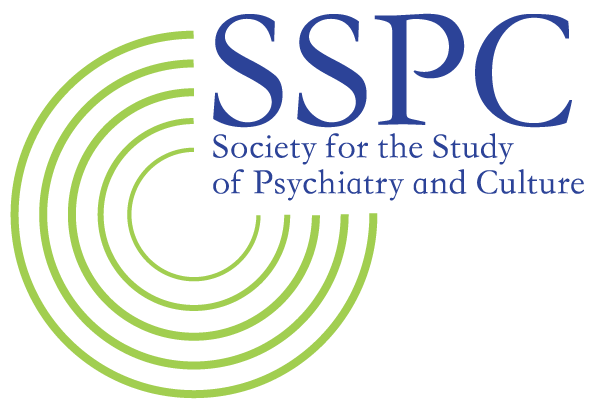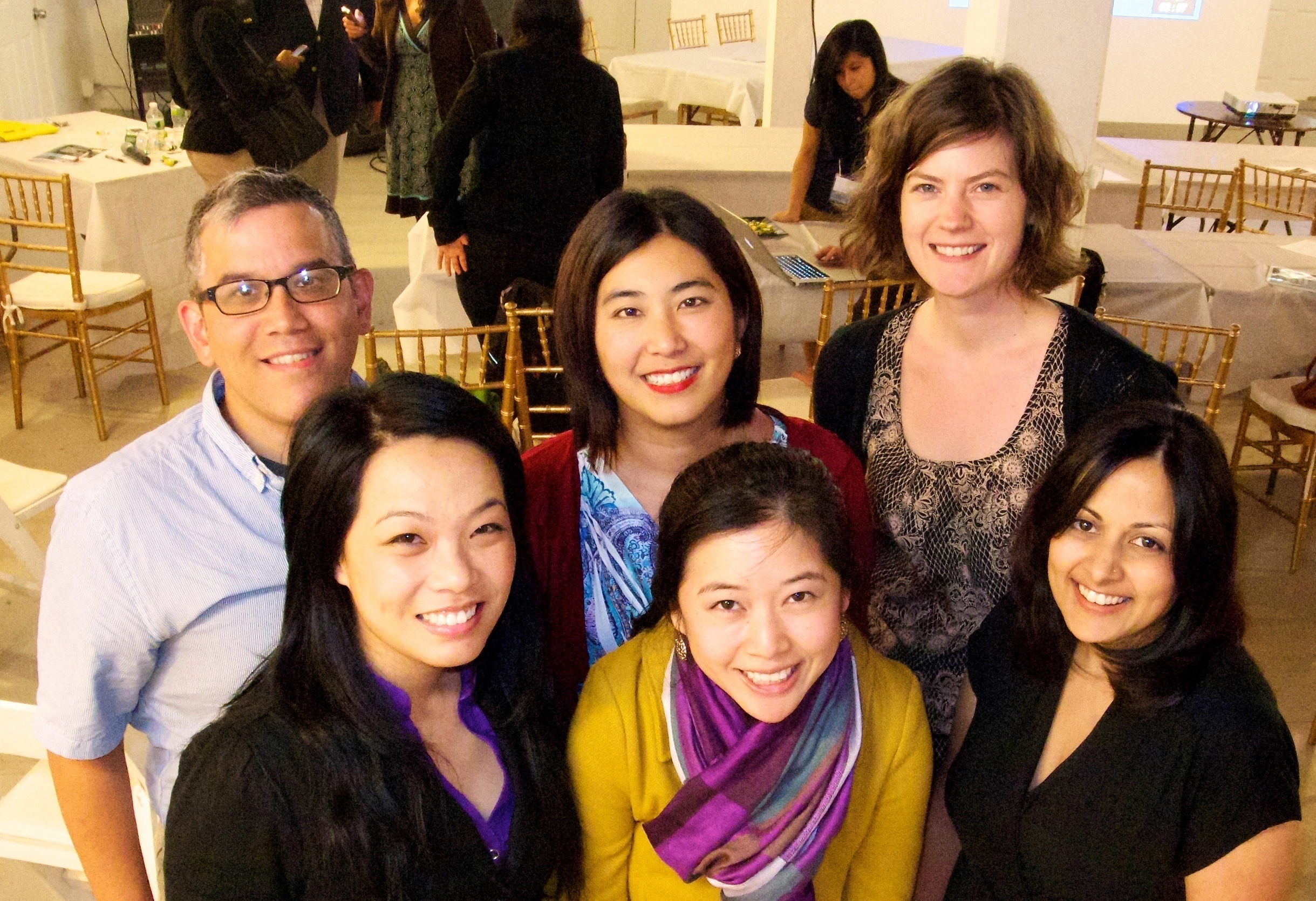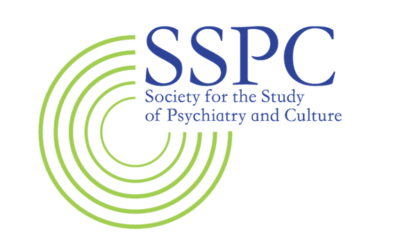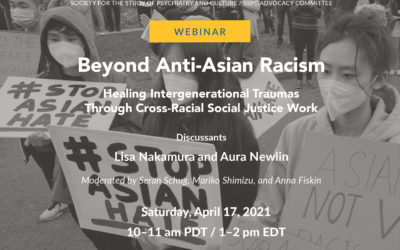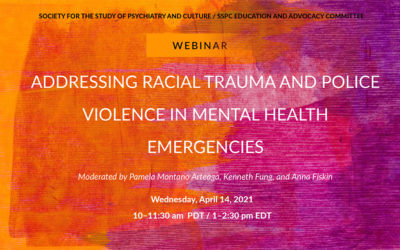by Shaneel Shah, Karen Mu, and Shivana Naidoo

University of Toronto faculty and residents (left to right), Lori Wasserman, Chetana Kullkarni , Alpna Munthi discuss the Toronto Addis Ababa Psychiatry Project
As psychiatry residents, we try to understand how our patients define health and suffering through their cultural lens. We assess their understanding of mental illness, its cause and course if left untreated. We have learned that it is vital to form a ‘cultural alliance’ with the patient for any meaningful interaction to take place, and to be aware of cultural differences and similarities while working with patients of different backgrounds. At this year’s Society for the Study of Psychiatry and Culture meeting in New York City we were able to share these interests with colleagues and peers. In addition, we were able to nourish and develop these skills with the help of experts in the field of culture and psychiatry.
As first-time attendees of the SSPC meeting, it was a unique and invigorating experience. Larger conferences can feel overwhelming, and are often hard to navigate for trainees. The smaller more manageable size of the SSPC conference, along with the mix of advanced clinical expertise and young inquisitive enthusiasm made for a very unique and fulfilling experience. We benefited as experts in the field shared their wisdom through a multitude of lectures and workshops that offered a broad perspective – from national systems-level practice in Jamaica to residency training experiences working with trauma survivors in Portland, from post-earthquake aftermath in Haiti to the intricacies about working with the Tamil and Bangladeshi population in Montreal. We conferred with colleagues from various disciplines, including psychiatry, psychology, social work and anthropology, and discussed how cultural nuances intertwine with the complexities of health care.
A highlight of the conference was a half-day workshop specifically for residents that included a panel discussion of transference and countertransference issues in crosscultural settings, and case supervision with leaders in cultural psychiatry training. It was both enlightening and cathartic to be able to discuss our unique clinical cases. The participation of both case supervisors and residents was outstanding, with many sharing very touching and vulnerable cultural experiences. Cultural challenges can often trigger feelings of doubt and isolation in psychiatrists-in-training, and this unique forum provided an avenue to resonate with each others’ growing pains, learn from experts, and contribute to our own developing perspectives.
As new SSPC members and first-time attendees of the annual conference this year, we are very excited about joining this close-knit and welcoming community of cultural psychiatrists. We encourage other residents to join us as members of the SSPC, and look forward to seeing new and familiar faces next year at this unique and intriguing conference.
